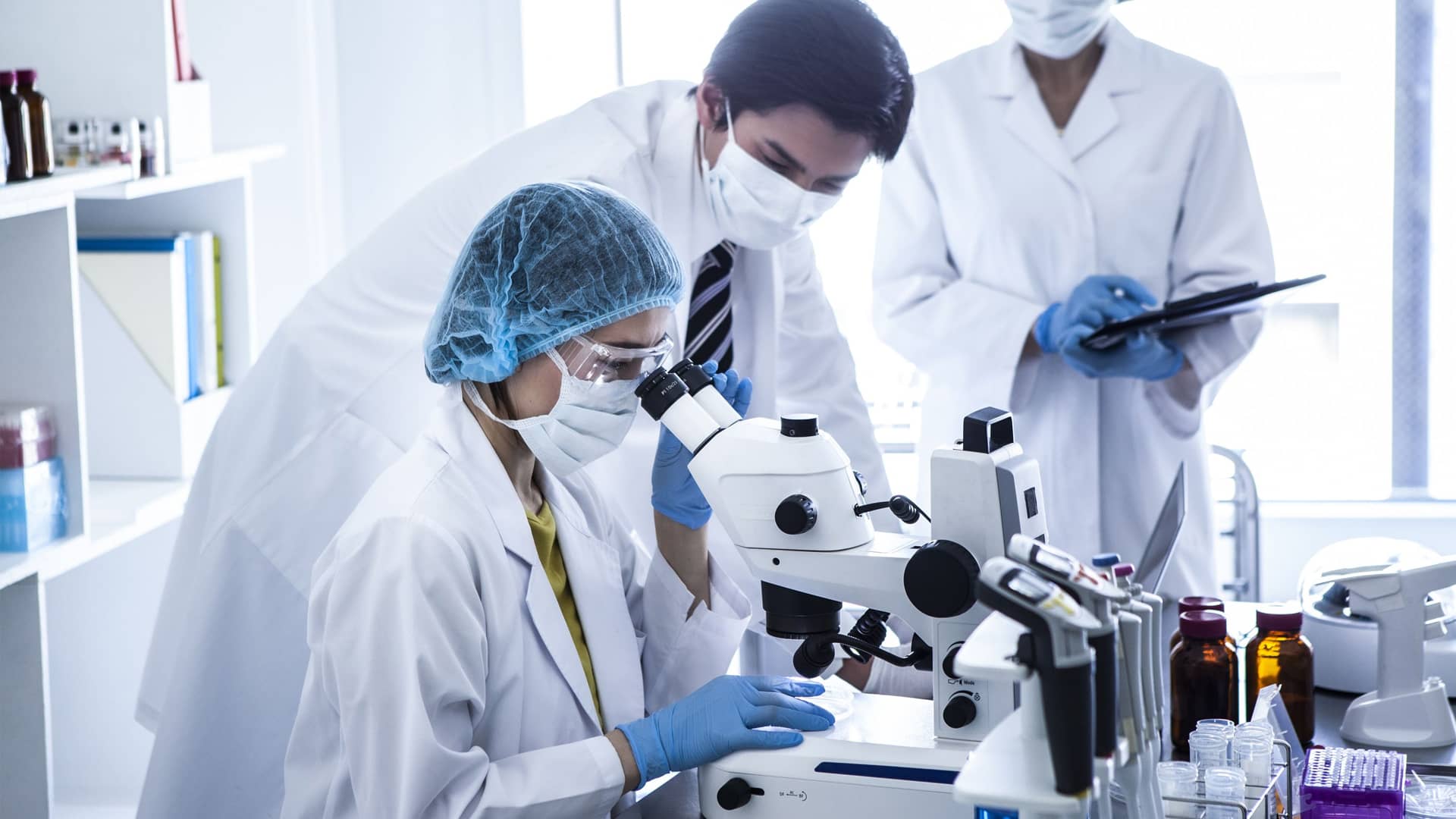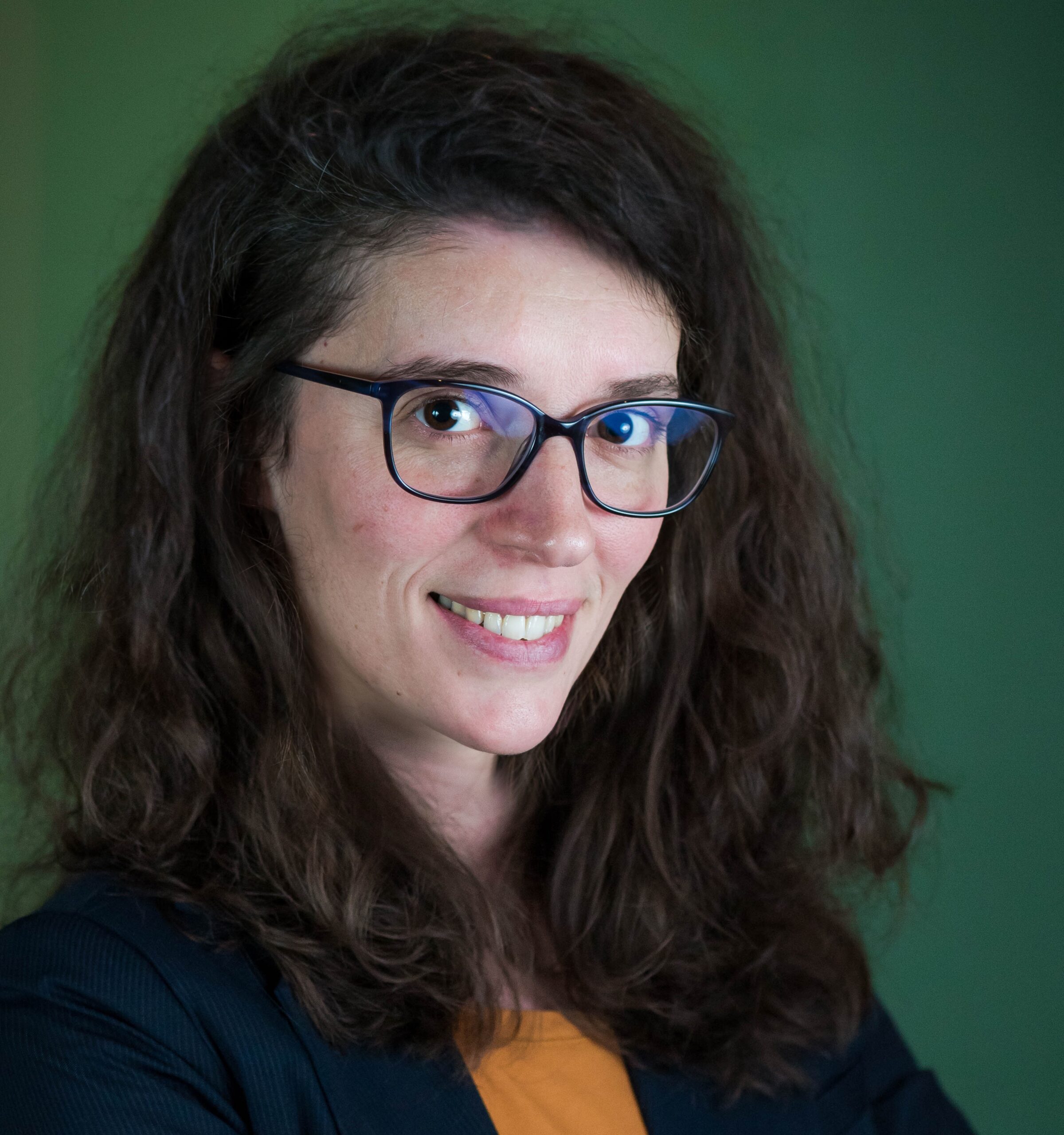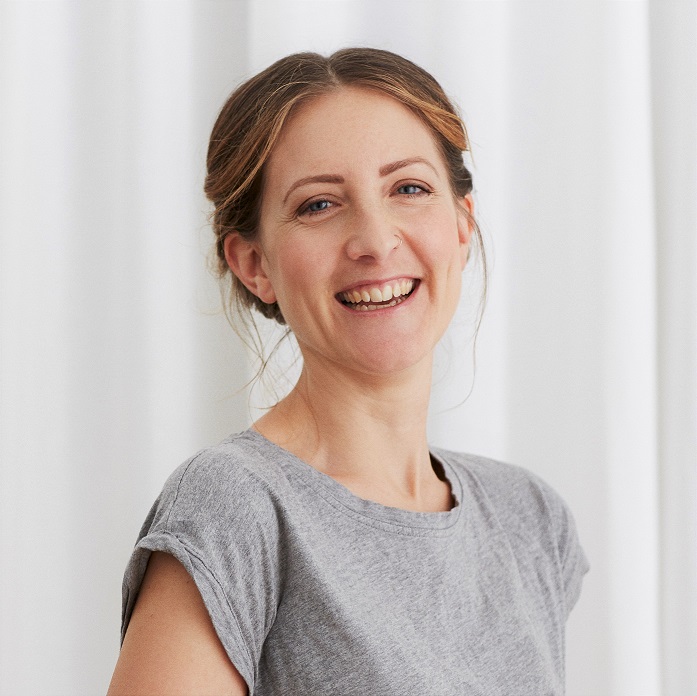
WG7 Leaders
Lead
WG7
Description
This WG plans to encourage scientists to participate in science communication activities to increase awareness in society and education regarding the environmental issues related to N/MPs. As an outcome, WG7 proposes to mobilize researchers, school leaders, local authority, support staff, teachers and practitioners, students, and parents by means of traditional journalism (e.g., newspapers, radio, TV), face-to-face events (e.g., science cafes, sci-art, science centers, and museums), and online interactions (e.g., citizen science, social media, podcasts) to empower citizens as key actors in addressing N/MPs challenges.)
WG7
Subgroups and subgroup leader
Boardgames for educative purposes
Leader: Ricardo João Ferreira Simões, Faculdade de Engenharia da Universidade do Porto, Portugal
Science communication group
Citizen science
WG7
Meetings
WG7 kick of meeting, 6th July 2022, hybrid (Brescia, Italy)
The aim of this meeting was to introduce PRIORITY COST Action objectives to the participants of WG7. Self-introduction of the participants was conducted. The structure of WG6 was discussed and the results of the survey about participants were presented. In addition, a road map for WG6 activities was discussed.
2th WG6 meeting, 21th September 2023, hybrid (Brussels, Belgium)
Several oral presentations were organized as an introduction to the discussion:
- Sabine Kienzl – Promoscience srl, Italy – IMPTOX project and NanoNinja video game
- Andreas Gondikas – NKUA, Greece – Sailing4Science
- Lara Dronjak – Center of Environmental, Food and Toxicological Technology (TecnATox), Environmental Engineering laboratory, Department of Chemical engineering, University Rovira and Virgily, Spain – TecnATox activities to increase the synergies with society and education
- Milica Velimirovic – Flemish Institute for Technological Research, Belgium – VITO activities to increase the synergies with society and education
Interactive session was organized as a brainstorming session on the paper for the journal Frontiers for Young Minds, which is planned to be prepared by the WG7 participants.
WG7
Completed or ongoing activities
- Instagram take-overs during short-term scientific missions / ITC conference grants - to continue in next reporting periods
Instagram takeovers involved temporarily handing over control of an Instagram account to an individual participating in a short-term scientific mission. This person then shared their experiences, insights, and behind-the-scenes moments related to the mission on the account. The primary objective is to increase the visibility of the scientific mission and engage a wider audience, including peers, stakeholders, and the general public.
- Use of boardgames were proposed by Ricardo João Ferreira Simões and this will be explored further
WG7
Future/planned activities
- Frontiers for Young Minds
Several ideas are proposed for discussing further the possible contribution of Priority including:
- Microplastics long term effect in organisms, easy ways to determine and predict by kids
- Towards Zero Microplastic Exposure: How Kids Avoid Microplastics from Foods
- Detecting the Invisible – Scientists use cool tools to find and study microplastics. Join the adventure of uncovering the invisible pollution!
- Be a Zero Microplastic Hero – What can kids do to help keep microplastics out of nature?
- Science cafes: Exploring Microplastics: Small Particles, Big Impact
Call for young researchers interested in organizing online events by inviting experts or scientist to give a presentation in the field of microplastics:
- What are microplastics and why are they a concern?
- Sources of microplastics (e.g., plastic pollution, microbeads)
- Microplastics characterisation
- Environmental impacts of microplastics
- Potential human health implications
- Ongoing research and solutions
- SciComm Academy
To teach researchers how to communicate clearly about their research in collaboration with COST action: Science writing, Pitch training, Infographics, Podcasting

